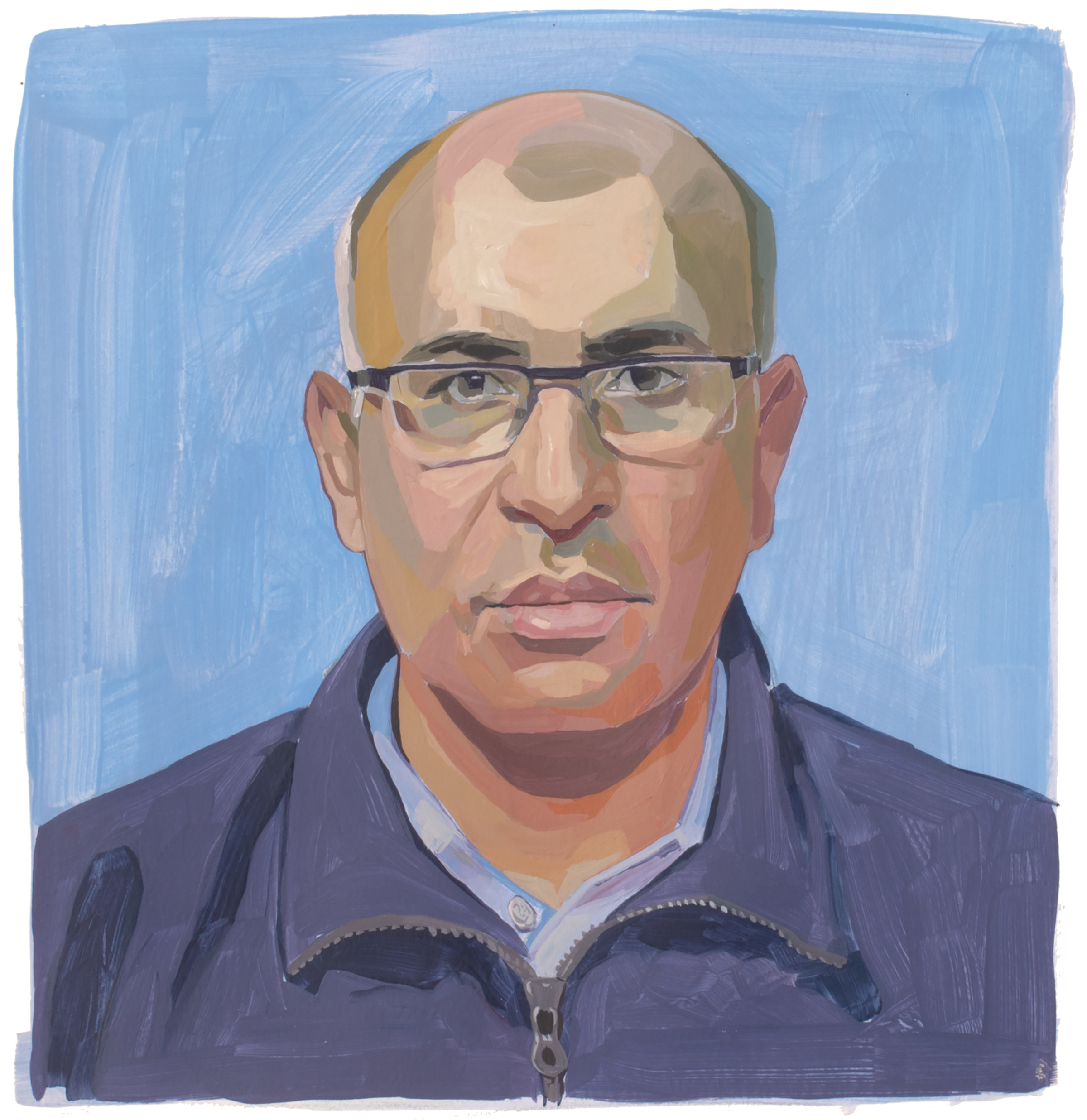The word trauma comes from the Greek word meaning “to wound.” Once reserved as a term for the lingering effect of particular horrific events on those who endured them, trauma is now seen—for better or worse—as a condition that can afflict almost anyone. Nobody has had a bigger role in shifting public opinion on its hidden power than Dr. Bessel van der Kolk. With his 2014 book, The Body Keeps the Score, the Dutch-born psychiatrist made the case that trauma was more present and more powerful than people realized. After studying and treating trauma for more than two decades, van der Kolk argued that while trauma injured the brain, its effects went much deeper. “Trauma victims cannot recover,” he wrote, “until they become familiar with and befriend the sensations in their bodies.” He called childhood trauma “a hidden epidemic” and pointed out that trauma went beyond a condition suffered by veterans, highlighting the effects on victims of sex abuse. The book did not hit the best-seller lists until five years after its publication, and soared in popularity during the pandemic, as people began to flock to therapists to process what they were going through and landed upon trauma as a watchword to explain their condition. In 2024, it is still one the top 20 best-selling books on Amazon. Perhaps that’s because it offers a lot of hope of recovery. “As long as we feel safely held in the hearts and minds of the people who love us,” van der Kolk writes, “we will climb mountains and cross deserts and stay up all night to finish projects.”
More Must-Reads from TIME
- How the Electoral College Actually Works
- Your Vote Is Safe
- Mel Robbins Will Make You Do It
- Why Vinegar Is So Good for You
- The Surprising Health Benefits of Pain
- You Don’t Have to Dread the End of Daylight Saving
- The 20 Best Halloween TV Episodes of All Time
- Meet TIME's Newest Class of Next Generation Leaders
Contact us at letters@time.com





